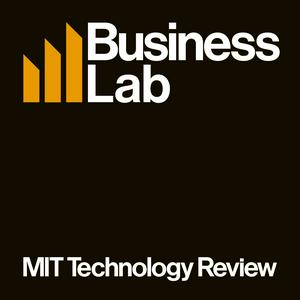Building customer-centric convenience
In the U.S., two-thirds of the country’s 150,000 convenience stores are run by independent operators. Mom-and-pop shops, powered by personal relationships and local knowledge, are the backbone of the convenience sector. These neighborhood operators have long lacked the resources needed to compete with larger chains when it comes to technology, operations, and customer loyalty programs. As consumer expectations evolve, many small business owners find themselves grappling with outdated systems, rising costs, and limited digital tools to keep up.“What would happen if these small operations could combine their knowledge of their market, of their neighborhood, with the state-of-the-art technology?” asks GM of digital products, mobility, and convenience for the Americas at bp, Tarang Sethia. That question is shaping a years-long, multi-pronged initiative to bring modern retail tools, like cloud-connected point-of-sale systems and personalized AI, into the hands of local convenience store operators, without stripping their independence. Sethia’s mission is to close the digital gap. bp's newly launched Earnify app centralizes loyalty rewards for convenience stores across the country, helping independent stores build repeat business with data-informed promotions. Behind the scenes, a cloud-based operating system can proactively monitor store operations and infrastructure to automate fixes to routine issues and reduce costly downtime. This is especially critical for businesses that double as their own IT departments. "We've aggregated all of that into one offering for our customers. We proactively monitor it. We fix it. We take ownership of making sure that these systems are up. We make sure that the systems are personalizing offers for the customers," says Sethia. But the goal isn’t to corporatize corner stores. “We want them to stay local,” says Sethia. “We want them to stay the mom-and-pop store operator that their customers trust, but we are providing them the tools to run their stores more efficiently and to delight their guests.”From personalizing promotions to proactively resolving technical issues to optimizing in-store inventory, the success of AI should be measured, says Sethia, by its ability to make frontline workers more effective and customers more loyal.The future, Sethia believes, lies in thoughtful integration of technology that centers humans rather than replacing them. “AI and other technologies should help us create an ecosystem that does not replace humans, but actually augments their ability to serve consumers and to serve the consumers so well that the consumers don't go back to their old ways.”This episode of Business Lab is produced in association with Infosys Cobalt.


